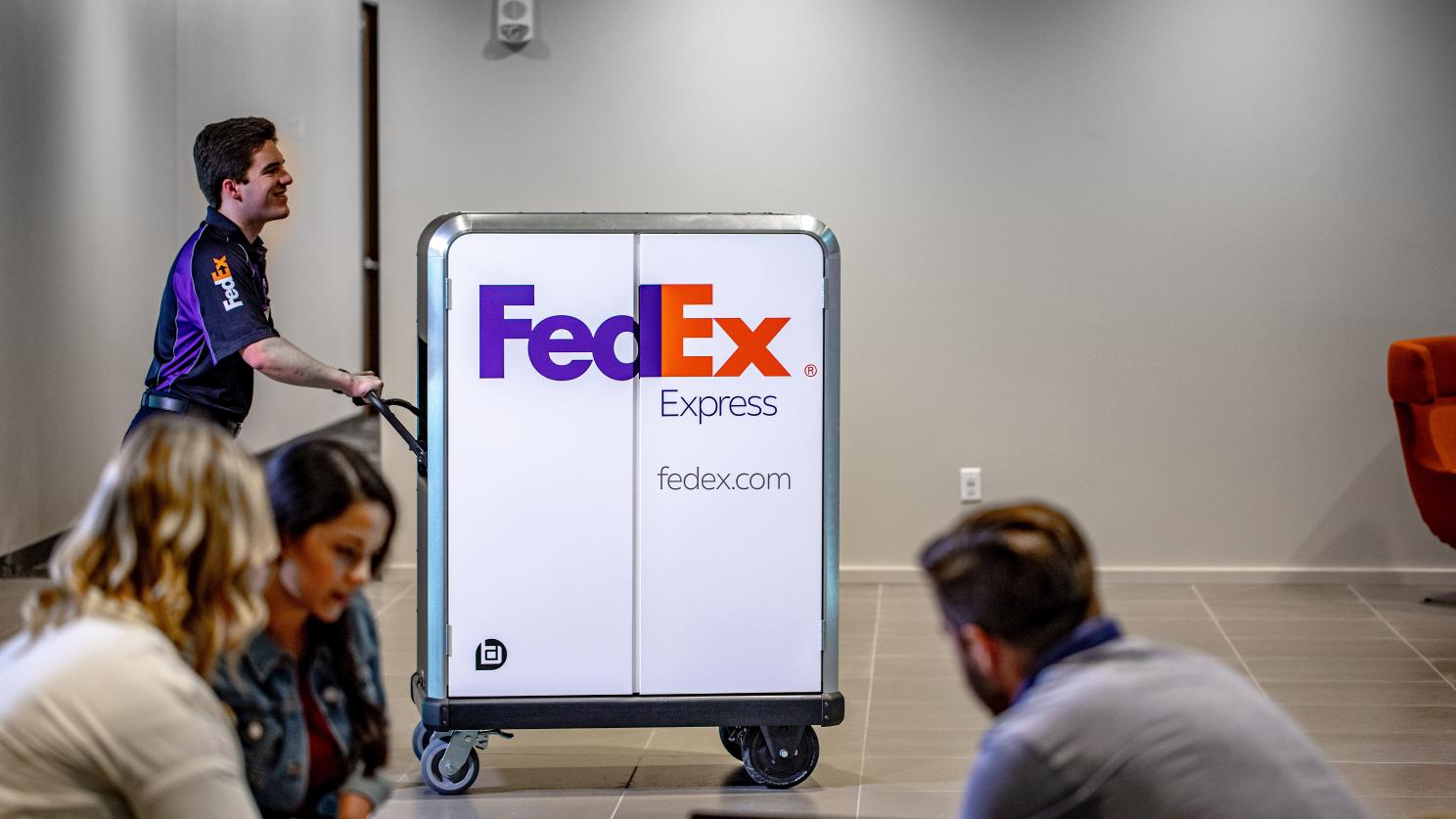(C)Urban emissions
Cities produce more than 60% of greenhouse gas emissions, according to UN Habitat.1 Furthermore, The Brookings Institute notes that transportation is among the fastest growing sectors of CO2 emissions globally. In the U.S., transportation accounts for nearly 30% of those emissions.2 Solutions to help curb emissions in urban cities will require collaboration across all sectors of business, government, and nonprofits.
CALSTART, a national nonprofit focused on accelerating clean transportation, wanted to understand how we can curb emissions in one of the urban market’s most active and valuable pieces of real estate - street curb space.
Through FedEx charitable support, CALSTART’s whitepaper titled Going Beyond the Curb: Policies and Best Practices has taken an in-depth look at dynamic curb management as a way to help increase safe and efficient mobility for both city residents and reliable freight deliveries.
The whitepaper presents how different cities have adapted their use of the street curb – through practice and policy – in cities across North America and Europe. While many of these adaptations began as a temporary response to the COVID-19 pandemic, their continued implementation has shown to add value to local businesses and neighborhoods. The paper also explores the value and productivity of curb space to a city from economic development and equity frameworks.
The FedEx Cares commitment to Sustainable Logistics blends our expertise in transportation and logistics with nonprofit organizations to help accelerate process and technological innovations for cities to move people and goods responsibly and resourcefully. Assessing and sharing process innovations for curb space with CALSTART is just one way we work to help support meaningful change for our community.

